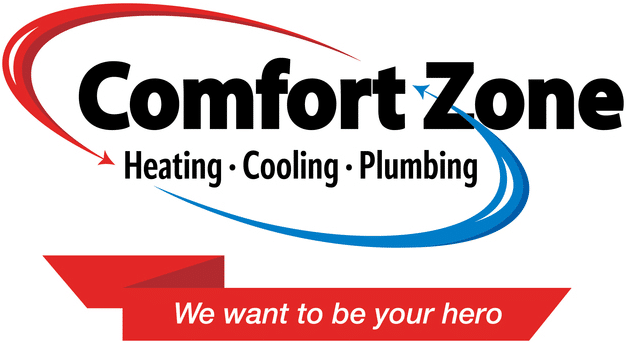According to the U.S. Environmental Protection Agency, the air in your home can have pollution concentrations that are two to five times greater than the air outside. While people (and pets) with allergies, asthma, or other underlying illnesses are especially vulnerable to the ill effects of indoor pollutants, poor indoor air quality can also compromise the health and comfort of otherwise healthy individuals.
6 Common Indoor Air Quality Problems
- Airborne Particles: Dust, pets, smoke, and vehicle exhaust entering from an attached garage are just some of the sources of airborne particles that can cause eye, nose, and throat irritation.
- Odors and Gases: Ordinary activities like cooking, painting, and even having pets, produce gases and odors that can irritate the eyes, nose, throat, and lungs.
- Ozone: This irritant can come from the outdoors as well as from indoor sources such as printers, copiers, and air fresheners. Ozone can cause chest pain, shortness of breath, coughing, and throat irritation.
- Carbon Dioxide (CO2): Fireplaces, candles, and gas stoves – anything involving combustion – are all common sources of indoor CO2. Prolonged exposure can cause fatigue and mental fogginess.
- Formaldehyde: Used in the manufacture of common household items, such as building materials, fabrics, cosmetics, and cleaning products, formaldehyde outgases at room temperature and circulates through the air. It can cause skin, eye, nose, and throat irritation and, with prolonged exposure, may be linked to some types of cancers.
- Humidity: When indoor humidity is too low, the result can be dry, itchy skin. When it’s too high, the conditions are right for mold growth, which can aggravate allergies and respiratory conditions.
Indoor Air Quality Solutions for Your Atlanta Home
Innovations in HVAC have come a long way, going beyond basic heating and cooling and increased energy efficiency. Today, homeowners have a range of options in HVAC equipment focused on indoor air quality.
Daikin, for example, offers solutions that detect, measure, and track the most common indoor air quality problems and then combat them through:
- Ventilation
- Filtration
- Purification
- Humidity Control
Each of the technologies is designed to integrate with a central heating and cooling system. If you are looking for ways to breathe easier and feel more comfortable in your Atlanta home, contact Comfort Zone Heating Cooling Plumbing. The HVAC experts at Comfort Zone are ready to help you select the right solutions for your home’s indoor air quality problems.
